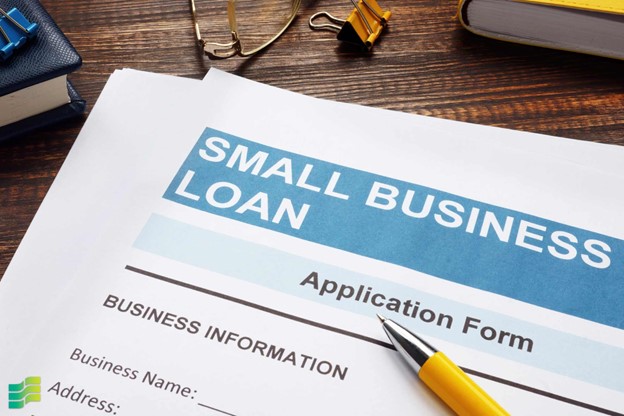Why is it Important to Have a Checking Account

 Ian Hwang
Feb 07, 2024
Ian Hwang
Feb 07, 2024
When it comes to your personal finances and the dream of owning a home, getting a small business loan might seem like it shouldn't matter. In theory, they're separate things—one for your business and the other relates to your personal credit. However, for some burgeoning entrepreneurs, complications arise when their business and personal finances intertwine. That's when the question of whether a business loan affects getting a mortgage becomes more complicated.

In this article, we'll delve into specific situations in which your current SBA or business loan may impact your ability to get a mortgage, explaining the questions lenders seek to answer. In turn, you can take steps to wall off your personal credit from your business finances, making yourself a more attractive candidate for home loans.
VISIT OUR MORTGAGE PAGE TO TALK WITH A HOME LOAN EXPERT
Good news—most businesses are structured in a way that establishes a hard division between the owner’s personal finances and those of the company’s, achieved through an LLC, C-Corp, or S-Corp. This means that the business’s loans and overall financial fitness shouldn’t impact your ability to apply for a home mortgage. However, there are exceptions.
Below are scenarios in which a business loan and other kinds of debt could directly (or indirectly) impact your ability to receive favorable mortgage terms:
Consulting with the knowledgeable business financing experts at Bank of Hope can help you determine which loan type best sets you up for future success.
After discussing how existing business loans and debts can sometimes affect your chances of getting a mortgage, it’s worth acknowledging that the reverse can also be true: your personal credit history plays a role in determining your eligibility for a business loan.
Lenders want to work with candidates who have established track records of fiscal responsibility and will look at your individual credit score as an indicator. Different lenders have different rules, but generally, if your personal credit score is below 680, securing a loan from traditional lenders such as banks can be challenging, as they typically prefer scores above 700. The Small Business Administration (SBA) might consider a score of 650 acceptable, provided other aspects of your business are strong.
In short, a mortgage can be a fantastic tool for reinforcing your personal credit score, provided you keep up with owed monthly installments. On the other hand, failure to meet payment deadlines can harm business loan lenders' perception of your financial savvy.
Other ways to raise your personal credit score:
For more guidance on acquiring business loans, read our guide to Express SBA loans or visit pages for EZ Loans, SBA loans, and general business lending.
The best way to ensure business loans and other debts don’t impact your chances of getting a mortgage is to compartmentalize personal and business finances through the establishment of an LLC, C-Corp or S-Corp. This requires taking measures against commingling funds, including establishing separate bank accounts and credit cards, and handling bills and purchases separately.
Additionally, we recommend owners pay themselves a salary, meaning the regular transfer of consistent amounts between their business bank account and their personal account. In turn, their business bank account should not be used for any non-company expenses and vice versa. For more guidance, read this article from the U.S. Small Business Administration.
Bank of Hope's Mortgage Banking Division stands ready to support you in securing the ideal mortgage, whether you're in the process of buying a new home or refinancing your current one. Our highly-experienced team can review your unique financial circumstances and provide insights into the ever-changing mortgage market to recommend a lending plan that best fits your family.
CLICK HERE TO LEARN ABOUT GETTING A MORTGAGE WITH BANK OF HOPE
For additional insights into the complexities of qualifying for home mortgages and the application process, check out:


